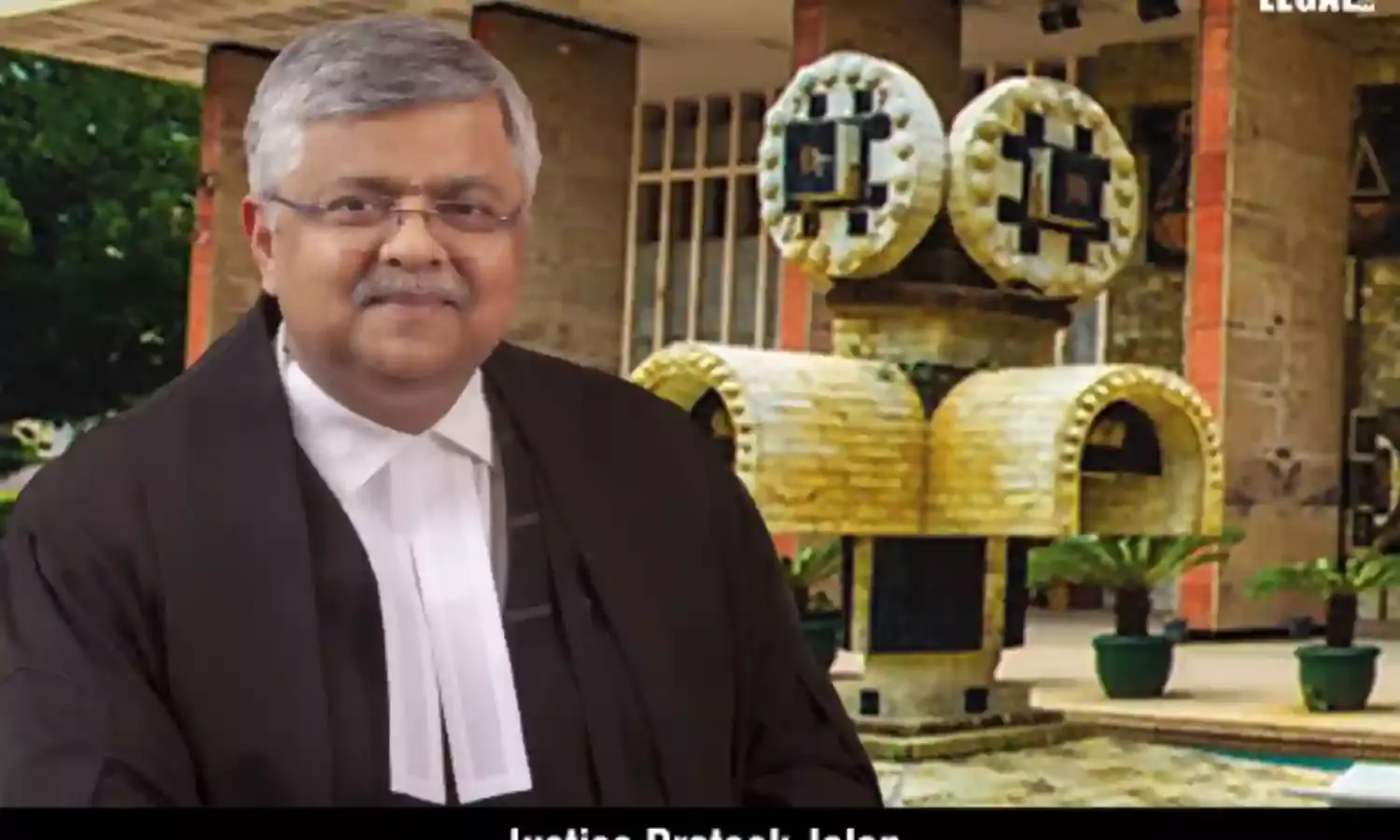Delhi High Court: Dispute under Insurance Policy Claims Not to be Referred to Arbitration when Quantum of Claim is Disputed
The Delhi High Court by its single judge Justice Prateek Jalan has shed light on the scope of arbitration clauses in insurance;

Delhi High Court: Dispute under Insurance Policy Claims Not to be Referred to Arbitration when Quantum of Claim is Disputed
The Delhi High Court by its single judge Justice Prateek Jalan has shed light on the scope of arbitration clauses in insurance policy disputes.
The Court clarified that that when an insurer denies liability entirely, the dispute cannot be referred to arbitration.
“However, if the insurer disputes specific claims falling outside the policy’s coverage, while admitting overall liability, such disputes are within the purview of arbitration. This distinction is crucial in determining the appropriate forum for resolving disputes in insurance policy agreements,” the judge highlighted.
In the present case, the parties entered into an insurance policy agreement dated 5 January, 2018. Clause 7 of the agreement provided for reference to arbitration of any dispute as to the quantum to be paid under the insurance policy for claims of which the liability is otherwise admitted.
The petitioner sought the appointment of an arbitrator, but the respondent rejected the request, arguing that the dispute pertained to liability and was outside the scope of the arbitration clause, however, the respondent refused its request for the appointment of arbitrator. Consequently, the petitioner approached the Court for the appointment of the arbitrator.
The court carefully examined the language and intent of the arbitration clause. Quoting a precedent Mallak Specialities vs. New India Assurance, the Court emphasized that if an insurer denies liability in its entirety, arbitration is not appropriate.
The Court noted that the respondent had not entirely dismissed the claims of the petitioner but only denied arbitration on the grounds that one of the claims raised by the petitioner was not covered by the insurance policy. The Court discerned the judgments of various Courts on the ground, the insurer had denied the liability in entirety, in all those cases.
The judge drew a crucial distinction between scenarios where an insurer denies all liability and cases where entire liability is not disputed but only claims under one of the heads is disputed as being outside the scope of reference and held that it is not a case of denial of liability but only a case where one of the heads of the claim is disputed as not falling within the policy.
In this regard, the judge ruled that there cannot be any arbitration in the first scenario, however, the second issue would not put the dispute beyond the ambit of the arbitration clause and it would be proper for the respondent to raise such objections before the arbitrator.
It was further brought on record before the Court that in another claim between the same parties, the respondent agreed to the dispute being referred to arbitration.
Taking into account the limited denial of claims based on policy coverage by the respondent, the Court granted the petitioner’s request and appointed a sole arbitrator.
The Court further directed that the arbitration proceedings should be conducted in accordance with the rules of the Delhi International Arbitration Centre (DIAC).


